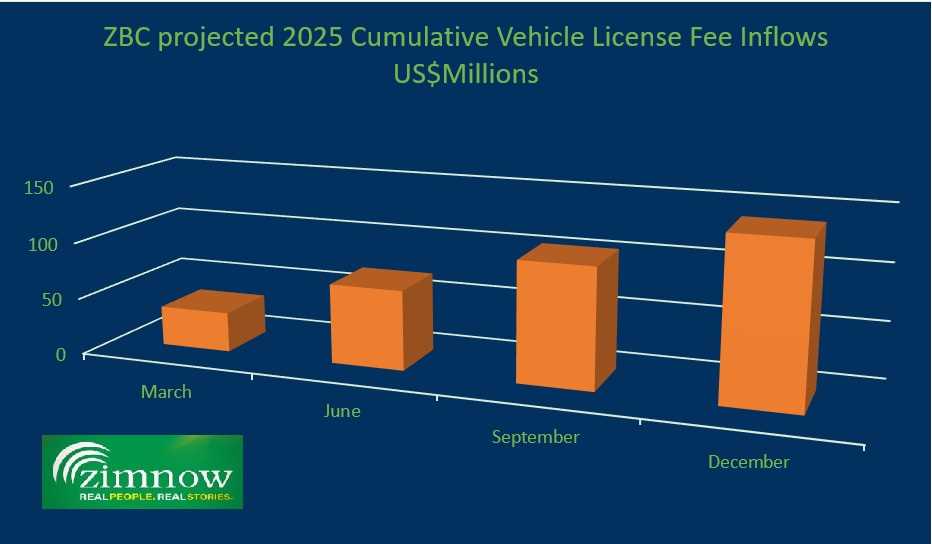
Runodada Witness and Rutendo Mazhindu
State broadcaster Zimbabwe Broadcasting Corporation will rake in millions after a law mandating compulsory payment of radio licenses on all vehicles came into effect this January.
According to Zimstat as of June 2023, there were 1,583,700 registered vehicles in the country. The same agency also reported that 40,318 vehicles were registered in the first half of 2024 and with annual estimates of 66,788 vehicles imported and registered the figure will be above 1,5million by the end of the 2025.
According to the ZBC schedule, personal vehicles are levied US$92 a year divided into US$23 quarterly payments, while each business owned vehicle attracts a US$200 annual bill.
This means that ZBC can expect to collect a minimum of around US$140 million this year only.
That is before the addition of business and residential TV licenses.
Compliance rate for motor vehicle radio licenses which was estimated at 60% is expected to spike up on the back of the new law.
The compliance rate is also likely to inprove after, the Central Vehicle Registry announced imminent deregistration of 300,000 non-compliant vehicles in November last year.
Efforts to establish how ZBC revenues have fared compared to same period in past years were unsuccessful as a senior manager reached had not yet responded to questions by time of publishing.
But ZBC revenue inflows are likely getting the benefit after police have been mounting checkpoints to curb lawlessness on the road.
Over 6,540 drivers have been booked for various offences including driving unlicensed vehicles.
The use of the funds collected through mandatory licensing has sparked concern by the public in light of previous allegations of financial misappropriations of millions of dollars.
Related Stories
Procurement irregularities and inflated perks for senior executives are some of the ills alleged under the administration of former CEO Happison Muchechetere.
The same concerns raised by former MP Jessie Majome in 2016 when she challenged the legality of the compulsory license fees are being expressed today.
Majome argued that ZBC was failing to operate as a non-partisan public broadcaster.
Maxwell Kupeta, a media analyst, said that ZBC's outdated programming fails to appeal to modern audiences, particularly younger generations, who largely rely on digital platforms for news and entertainment.
He said that most people are paying the fees simply to avoid legal trouble but are not being served by the broadcaster.
Another citizen, Andile Ryan, highlighted technical issues, noting that some car radios do not receive ZBC channels due to frequency limitations.
Tinashe Musa, criticized the fees as an added burden on already struggling citizens, calling for reforms to address ZBC's outdated equipment and programming.
A manager at a privately owned TV station who declined to be named for professional reasons says there is alarm and despondency in the sector over the development as some operators are likely to close as ZBC cements dominance with its new strong financial base.
“As long as they manage the money prudently and avoid the usual looting trends, they can resource their operations way beyond the rest of the market which is struggling to just break even. While they might have some political constraints on some programming like the news, there is nothing to stop them from creating other top notch content that will attract audiences and advertisers, adding to their revenues.”
Zimbabwe has 7 TV stations, 6 ZBC radio stations, 10 commercial private radio stations, 14 community radio stations and 7 campus radio stations.
The manager interviewed said that if ZBC ups its game on staff welfare, then the other TV and radio stations are likely to see a mass exodus of the best talent as everyone who can, heads to ZBC.










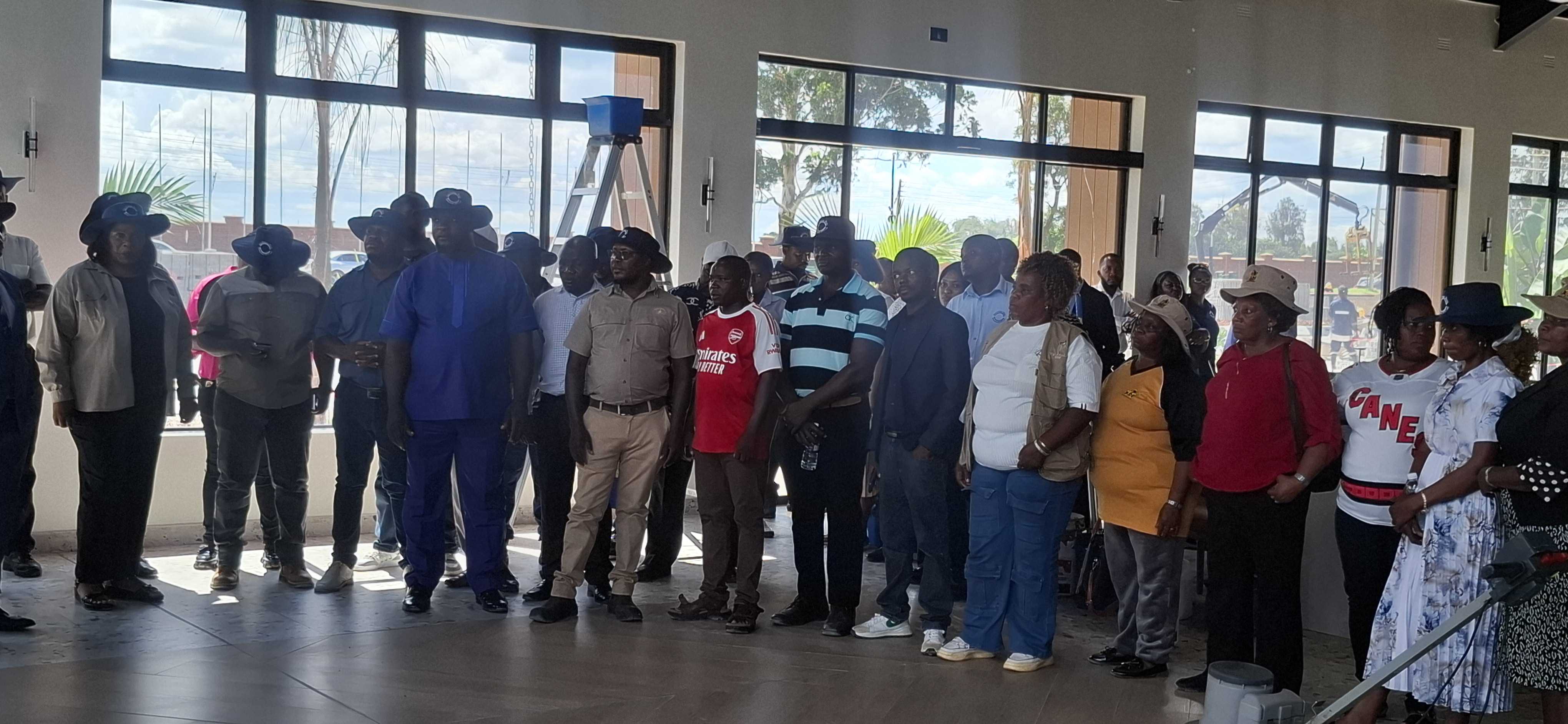
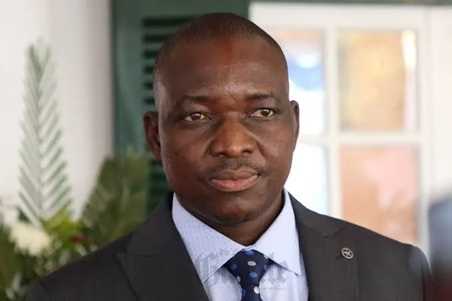


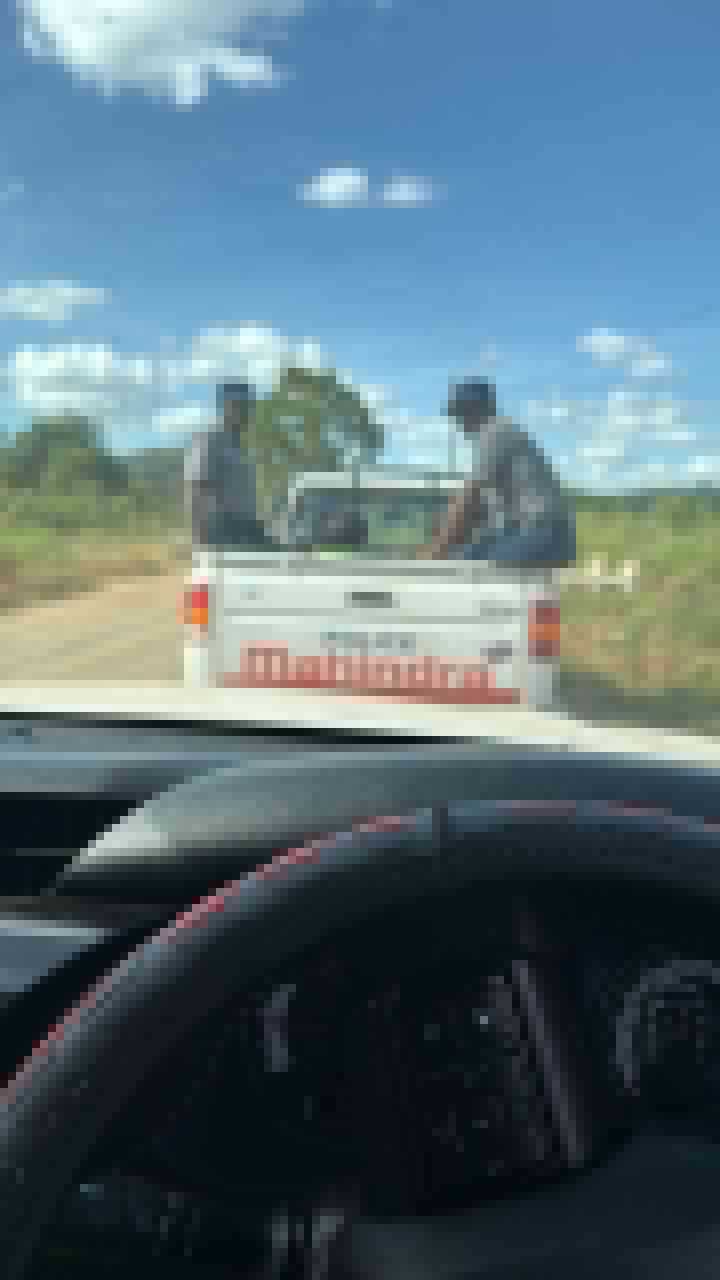
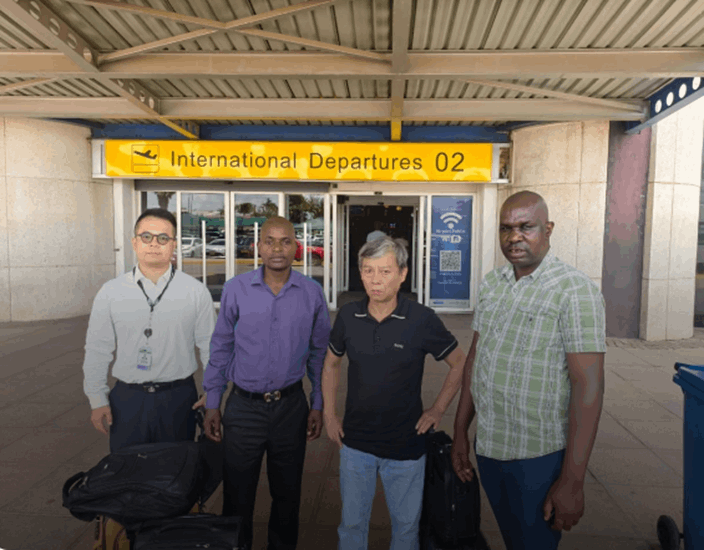
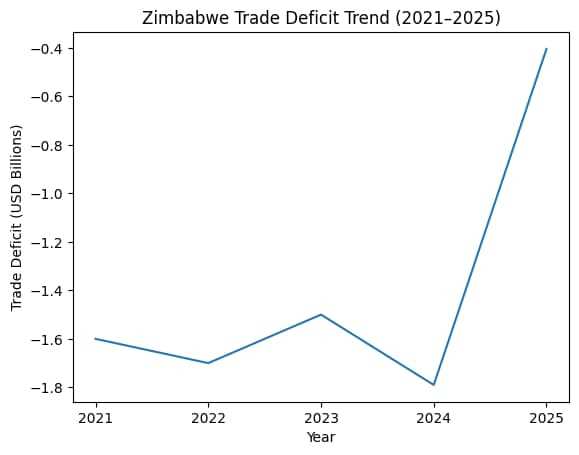
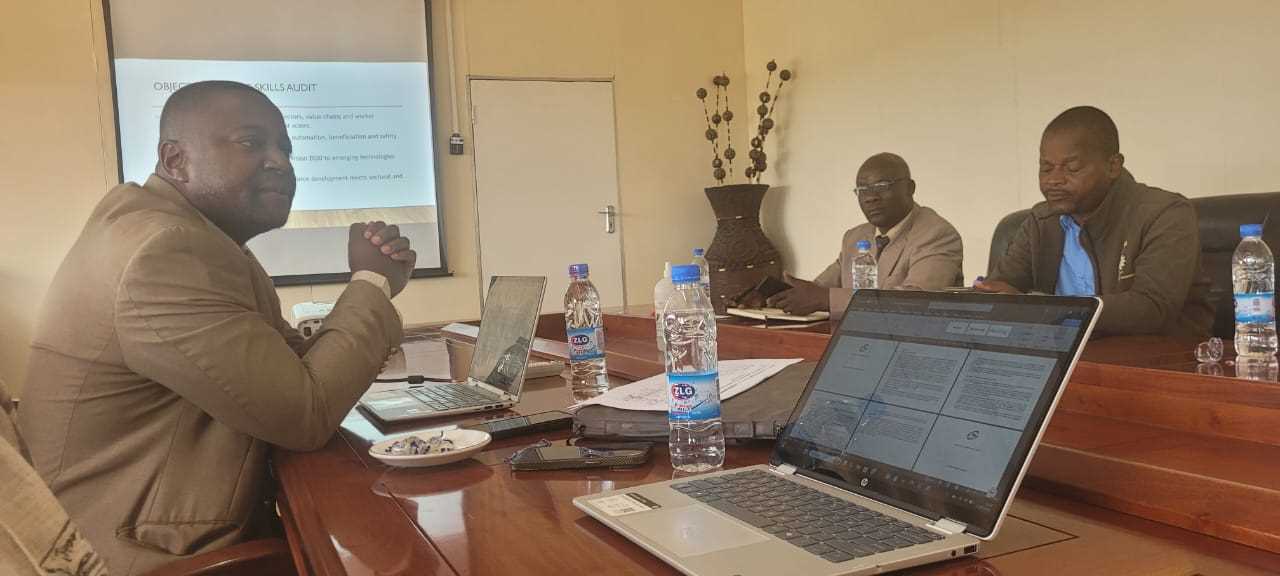


Leave Comments